North America: Engaged Projects
Further resources, if available, can be found in our full bibliography.

North American Commission for Environmental Cooperation (CEC)
The Commission for Environmental Cooperation (CEC) is a trilateral organization formed by Canada, Mexico, and the United States to support collaboration on environmental issues across the North American continent. It is governed and funded equally by the Government of Canada through Environment and Climate Change Canada, the Government of the United States of Mexico through the Secretaría de Medio Ambiente y Recursos Naturales, and the Government of the United States of America through the Environmental Protection Agency. The CEC emphasizes environmental justice, ecosystem conservation, and strong enforcement of environmental laws, with the overarching goal to address cross-border challenges through cooperation, transparency, and shared responsibility.
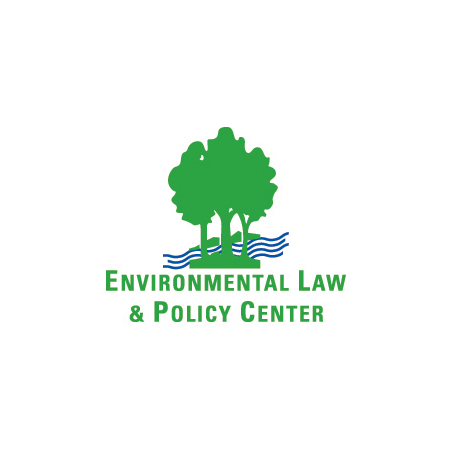
Environmental Law & Policy Center
The Environmental Law & Policy Center (ELPC), headquartered in Chicago, is the Midwest’s leading environmental legal advocacy organization. Founded in 1993, ELPC combines public interest litigation, policy advocacy, and economic analysis to advance clean energy, protect natural resources, and promote environmental justice across the region. Its initiatives include closing polluting coal plants, expanding wind and solar energy, safeguarding the Great Lakes, and improving air and water quality. With a deep understanding of the Midwest’s unique environmental challenges, ELPC works to ensure sustainable development and equitable environmental solutions.
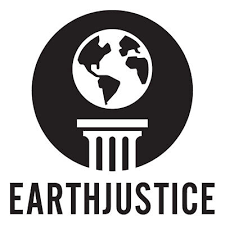
Earthjustice: Because the Earth needs a good lawyer
Earthjustice is a leading nonprofit environmental law organization based in the United States. Founded in 1971, it provides free legal representation to public-interest clients, including community groups, Tribes, and national organizations. With over 200 attorneys across 15 offices, Earthjustice litigates to protect public health, preserve wild places and wildlife, advance clean energy, and combat climate change. Its work has been instrumental in enforcing environmental laws and securing landmark victories for environmental protection.
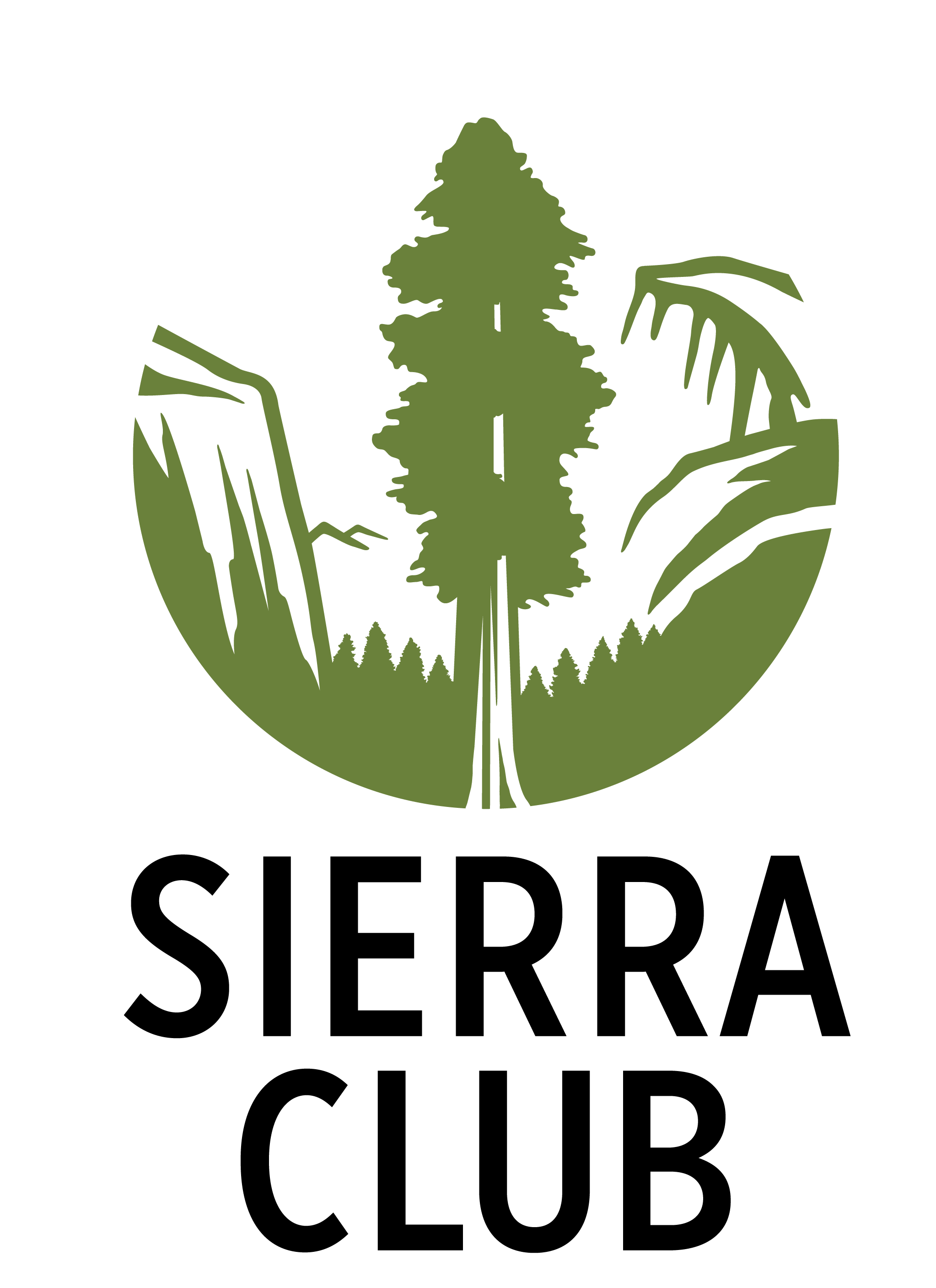
Sierra Club Environmental Law Program
The Sierra Club’s Environmental Law Program (ELP) utilizes strategic litigation to combat climate change, safeguard clean air and water, protect wilderness areas, and promote environmental justice. In the past year, ELP initiated over 200 legal actions challenging the fossil fuel industry’s harmful impacts. The program integrates legal advocacy with grassroots organizing, effective communication, and policy lobbying to ensure lasting environmental protections. ELP’s team of attorneys and staff collaborates with communities to build informed support, with the goal to make courtroom victories sustainable over the long term.
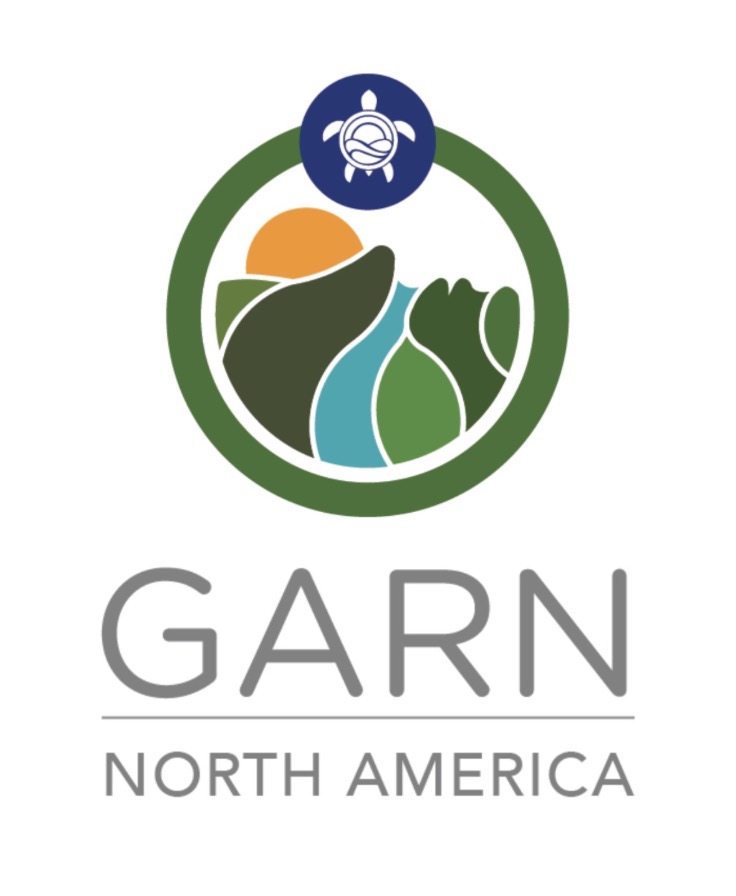
GARN North America
The North America Hub of the Global Alliance for the Rights of Nature (GARN) is a collaborative space for activists, educators, organizations, and community members working to advance the Rights of Nature across North America. Launched in 2023, the hub fosters connection, resource-sharing, and mutual support, allowing members to exchange knowledge and showcase their initiatives in pursuit of Earth-centered governance and legal recognition of nature’s rights.
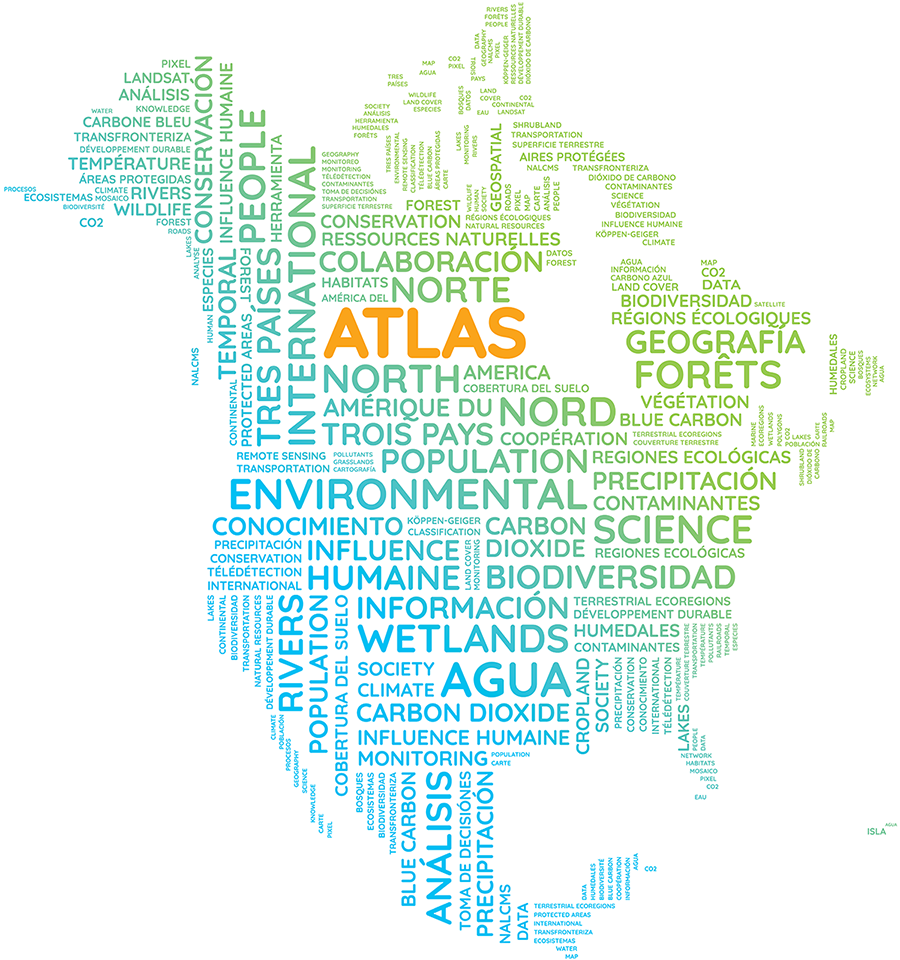
North American Environmental Atlas
The North American Environmental Atlas is an interactive tool that integrates geospatial data from Canada, Mexico, and the United States to reveal environmental connections across borders. By harmonizing map layers, it allows users to analyze shared ecosystems, track continental trends, and identify areas needing protection. The Atlas supports cross-border collaboration, informs policy, and has been cited in over a thousand publications. It is a valuable resource for understanding and safeguarding North America’s environment.
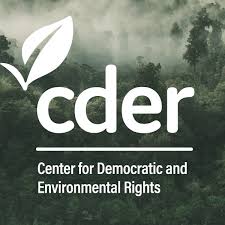
Center for Democratic and Environmental Rights
The Center for Democratic and Environmental Rights (CDER), based in the United States, collaborates with Tribal Nations, Indigenous communities, and local governments to advance the legal recognition of nature’s rights. In North America, CDER supports initiatives like the “Land That Owns Itself” program, which promotes the concept of ecosystems holding legal rights. Through its Tribal Rights of Nature Program, CDER assists Native communities in drafting and implementing laws that reflect Indigenous worldviews, aiming to restore ecological balance and strengthen tribal sovereignty.

Rights of Nature Module – Ecotrust Canada
Ecotrust Canada’s Rights of Nature module, part of its Indigenous Homelands Toolkit, provides foundational information on the Rights of Nature movement and its relevance to Indigenous communities. It explains how legal recognition of nature’s rights can empower Indigenous communities to protect their homelands and offers examples of global legislative approaches. The module emphasizes the potential of this framework to support culturally legitimate relationships to land, differing from European models centered on exploitation and exclusion. It also discusses how recognizing nature’s rights can influence housing and homelands governance within Indigenous territories. citeturn0search0
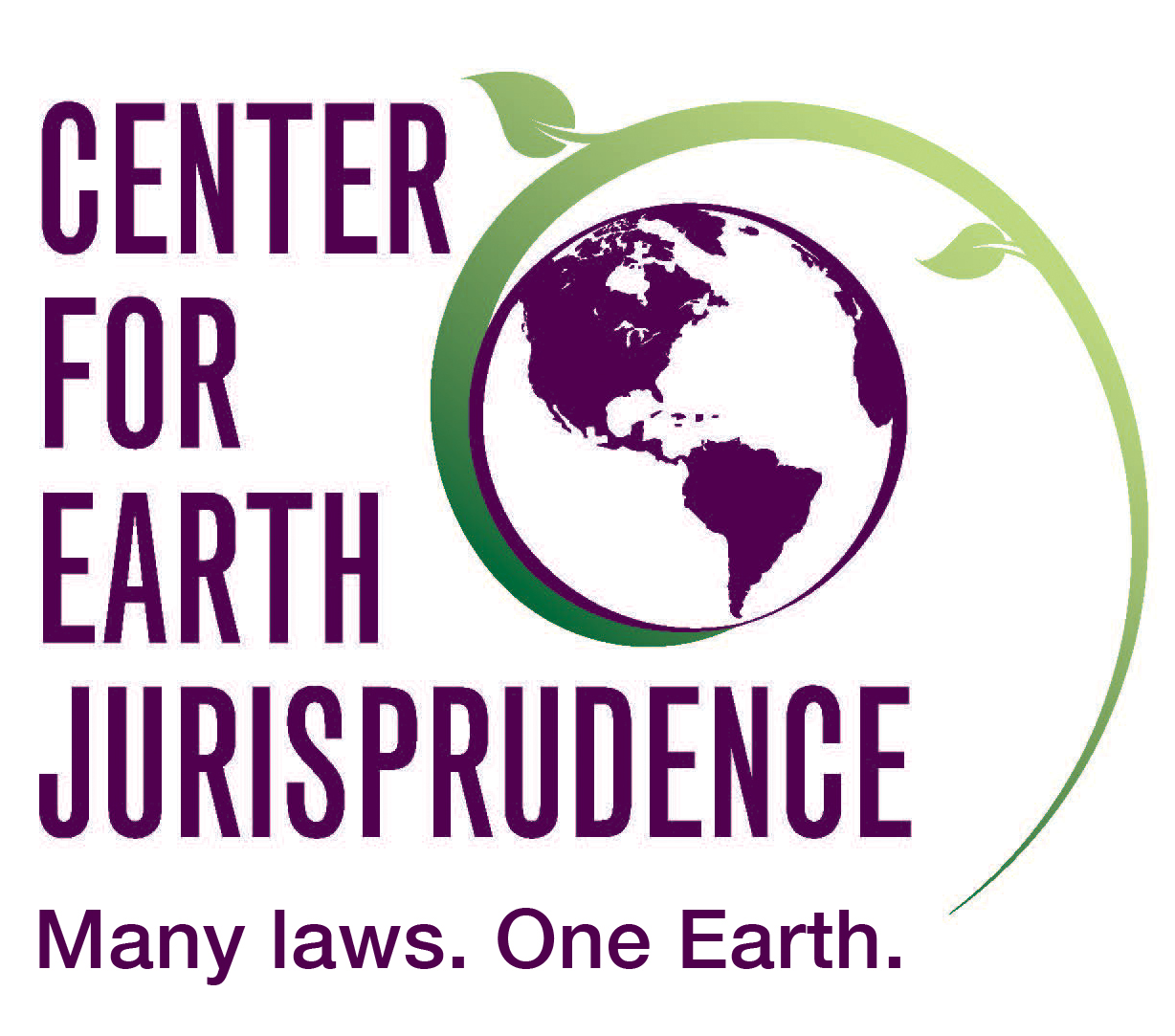
Center for Earth Jurisprudence
The Center for Earth Jurisprudence, based at Barry University School of Law, advances legal frameworks that recognize nature’s inherent rights and promote ecological well-being. Founded in 2006, it offers programs such as legal fellowships, an environmental law clinic, and the Rights of Nature Symposium. Through education, advocacy, and experiential learning, the Center encourages a shift from human-centered to Earth-centered law. Its work supports environmental justice, community engagement, and deeper understanding of the interconnectedness of all life, aiming to realign legal systems with the health and sustainability of the Earth community.
Photo Credit: Black-tailed prairie dog (cynomys ludovicianus) in the Badlands National Park; Aaron J/ Hill/Pexels